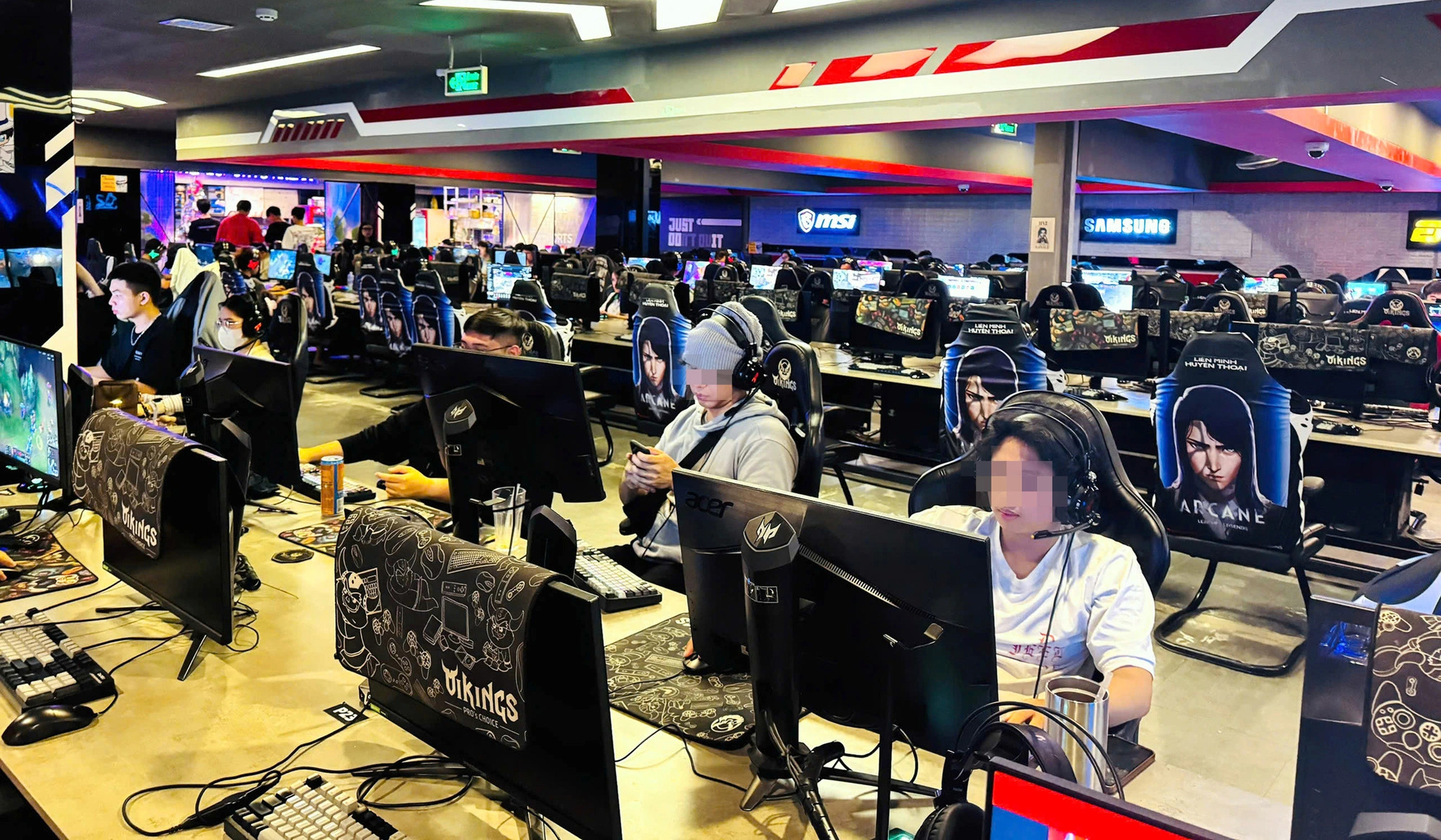The Vietnamese government’s Decree 147 stipulating the management, supply, and use of Internet services and online games took effect from December 25, with the aim of curbing unlicensed, gambling, and harmful games distributed through online app stores.
As per the new decree, game publishers and app stores are required to obtain official licensing for games offered in Vietnam.
Platforms found distributing unlicensed games could face removal requests and penalties from the Ministry of Information and Communications or the Ministry of Public Security.
La Xuan Thang, director of online game publishing at VNGGames, a leading game publisher under Vietnamese tech giant VNG, endorsed the decree’s provisions that are expected to help fight against unlicensed, gambling, and harmful games.
Previously, app stores could evade Vietnamese requirements by citing a lack of legal clarity, he told Tuoi Tre (Youth) newspaper.
Trinh Nguyen Thien Phuoc, chief technology officer at Gianty Vietnam, a subsidiary of Japan-based game and software developer Gianty, said that the new regulations will enhance content moderation and game licensing processes.
He emphasized the strict requirement for game publishers to fully comply with Vietnamese laws.
According to the Gianty representative, the regulations include strong punitive measures for developers and publishers who violate the rules.
The regulations will also foster closer collaboration between regulatory agencies, network providers, and international organizations to create an effective shield against unauthorized or harmful games.
A survey conducted by Tuoi Tre revealed that most Vietnamese mobile users play at least one game downloaded from popular platforms such as Google Play and App Store.
There are also many other online games provided through smaller app marketplaces, app stores operated by smartphone makers, or direct downloads from websites.
Parents like Bao Anh, residing in Ho Chi Minh City’s District 1, carefully monitor their children’s gaming habits.
She limits her children’s gaming to 15 minutes per day and selects games for her fourth-grader, while her seventh-grader’s gaming choices are subject to parental oversight.
However, she voiced her concern about inappropriate content and excessive ads, even in games from reputable platforms.
University student Thanh Mai, who described herself as a ‘game addict,’ said she plays a variety of games mostly downloaded from Google Play, but she is unaware of their licensing status.
According to the We Are Social's Digital 2024 report, Vietnamese users spend an average of five hours and 15 minutes per day on smartphones, with over 35 percent of the time dedicated to entertainment and nearly 20 percent to gaming.
The report showed that the most popular mobile games in Vietnam include Arena of Valor, Free Fire, Roblox, PUBG Mobile, Mini World Block Art, Candy Crush Saga, and Play Together.
The country has long grappled with the prevalence of unlicensed games, many of which are readily available on platforms like Google Play and App Store, often from international developers.
More than 100,000 unlicensed games are accessible through platforms like Steam, Nguyen Thanh Hoa, head of the electronic information division under the Ho Chi Minh City Department of Information and Communications, said at a conference held early last month in the city.
Hoa elaborated that these games often enter Vietnam via servers based abroad or are distributed locally without regulation.
Offline games pre-installed in gaming centers have also contributed to the issue.
Besides, esports tournaments faced regulation issues.
Many tournaments operated without official oversight, leading to unverified content and inappropriate gaming habits, particularly among students.
As for solutions to the issue, industry experts in Vietnam suggested leveraging advanced technologies like AI and community engagement to combat unlicensed games.
They proposed creating an AI-powered platform where users are allowed to verify a game’s legality, report violations, and earn rewards.
AI would analyze server behavior and game content to detect unauthorized games, while chatbots could assist users in identifying harmful games.
This platform would also provide a space for users to vote up or down on quality educational or entertaining games.
In 2024, the domestic gaming industry earned an estimated revenue of VND12.5 trillion (US$491 million), marking a slight decrease against 2023.
The number of industry employees this year rose 31 percent compared to 2023 at around 4,100, according to data from the Ministry of Information and Communications.
Like us on Facebook or follow us on X to get the latest news about Vietnam!






















































